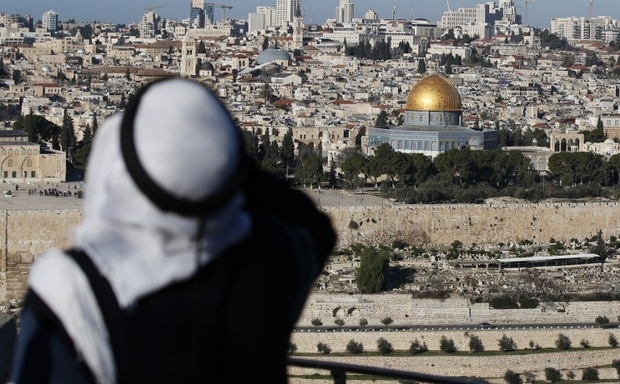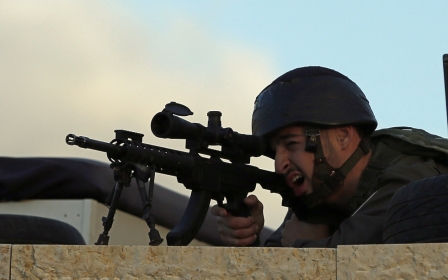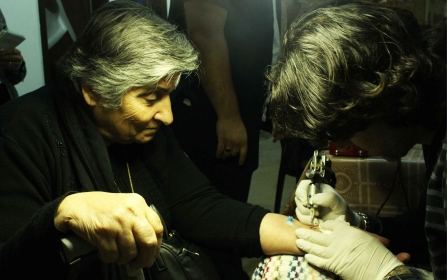British woman stabbed to death in Jerusalem: Police

A Palestinian man stabbed a British woman to death on Friday near Jerusalem's Old City, where thousands of Jewish and Christian pilgrims were gathered for religious holidays, police said.
The 23-year-old student was rushed to hospital with serious wounds but later died, according to the emergency services.
The attack took place on a tram close to the Old City, where thousands of Christians from around the world marked Good Friday as Jews marked the week-long Passover holiday.
Jerusalem police chief Yoram Halevy described the alleged attacker, who was arrested, as "very mentally disturbed".
Israel's domestic security agency Shin Bet named him as Jamil Tamimi, a 57-year-old Palestinian resident of east Jerusalem.
Israeli Prime Minister Benjamin Netanyahu blamed "Islamic terrorism" for the killing of the woman, whom he described as a student, in "cold blood".
He said security forces had thwarted "several attempted attacks in recent days", without giving details.
According to police, the assailant pulled a knife out of a bag and stabbed the woman several times in the chest.
An off-duty policeman travelling in the tram triggered the emergency stop and overpowered the attacker with the help of another passenger, the authorities said.
The Hebrew University released a statement identifying the victim as Hannah Bladon, an exchange student from Britain's University of Birmingham.
It said she had only started studying in Jerusalem in January and had been due to complete a single semester.
Attacks targeting tourists are rare in Jerusalem and top Israeli officials voiced their dismay.
"I am filled with sadness, as I received the terrible news of the murder of a young girl in the terror attack in Jerusalem," Israeli President Reuven Rivlin said.
"This week thousands have come through the ancient gates of Jerusalem, to celebrate the feasts of Passover and Easter throughout the city - while the security forces work to ensure the safety of the dear residents and visitors to the city. And so we will continue to do.
"Terror can never overcome us. Terror will never destroy our lives here."
Police had been on high alert for Passover, when tens of thousands of Jews pray at the Western Wall inside the Old City and some visit the flashpoint Al-Aqsa mosque compound above it.
The compound, which is the third holiest site in Islam and the holiest site to Jews, who refer to it as the Temple Mount, is the source of constant tensions.
Jews are allowed to visit but not pray at the site.
Palestinian fears that Israel will seek to change those rules have been the source of repeated violence.
A wave of unrest which erupted in October 2015 has claimed the lives of 260 Palestinians, 41 Israelis, two Americans, one Jordanian, an Eritrean, a Sudanese and a Briton, according to an AFP count.
Most of the Palestinians killed were carrying out knife, gun or car-ramming attacks, the Israeli authorities say.
Others were shot dead during protests or clashes, while some were killed in Israeli air strikes on the Gaza Strip.
The violence has greatly subsided in recent months.
New MEE newsletter: Jerusalem Dispatch
Sign up to get the latest insights and analysis on Israel-Palestine, alongside Turkey Unpacked and other MEE newsletters
Middle East Eye delivers independent and unrivalled coverage and analysis of the Middle East, North Africa and beyond. To learn more about republishing this content and the associated fees, please fill out this form. More about MEE can be found here.




